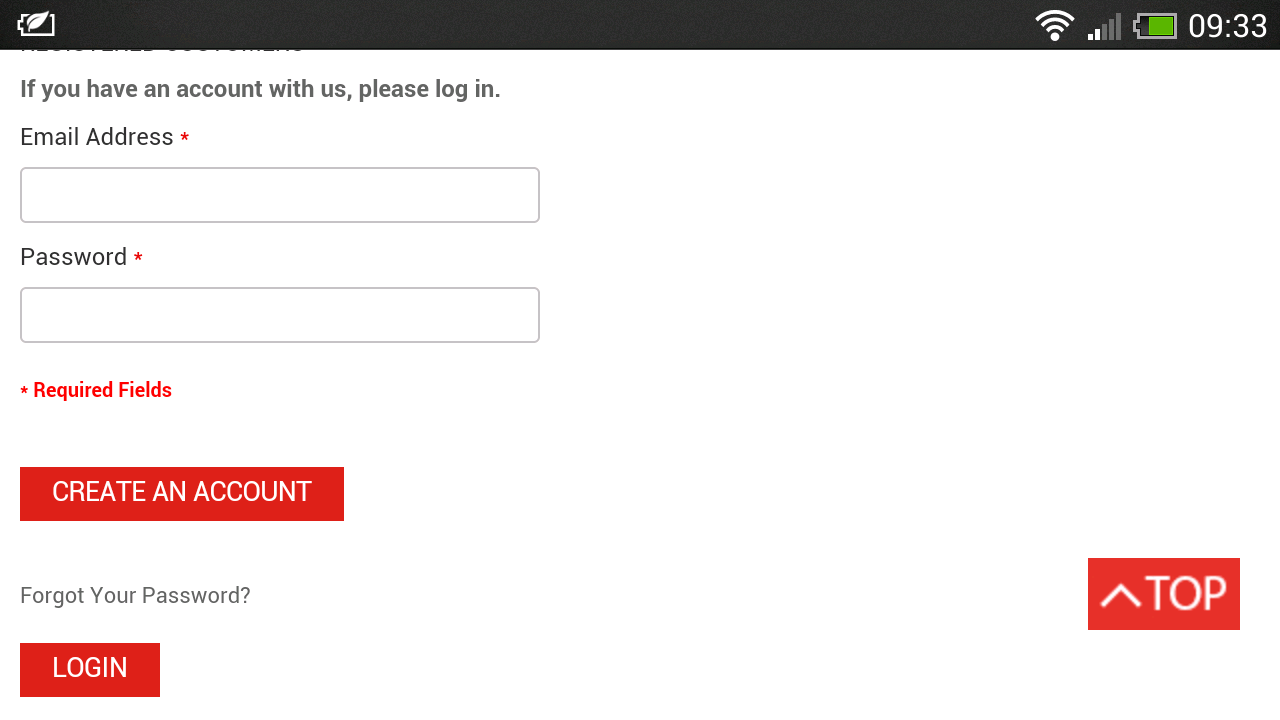Making a choice of who to contact to act a referee and give you a recommendation (for a job, or to further one's education), can be a headache sometimes.
I've had this problem before, and currently see a number of my friends and students going through the same dilemma.
Who qualifies as referee/reference?
A person who can be asked for information about another person's character, abilities, et cetera.
(Merriam-Webster Dictionary)
I've learnt that, it is not as clear-cut a choice, as it seems to be.
Here are some tips:
- Consider the job, or course you intend to read. This makes it easier to choose a referee who has considerable experience in that particular industry (i.e. for the job application), or field of study (i.e. for the intended course of study).
- For job applications, an former boss is ideal, as they can really give the needed information on a your abilities and attitude.
If it's for an entry position, and you do not have any work experience, relations and acquaintances can make the recommendation.
If the requirement for such an entry position is a university degree, then the you would have to fall on former lecturers to recommend you. This can be a lecturer who taught you a relevant course, the intended course of study or job expects you to have knowledge of. It can also be your final year project supervisor, or a supervisor for any project you undertook as a student.
This brings me to the issue of 'choosing' a supervisor.
Most institutions in Ghana, choose supervisors for students. Sometimes students (i.e. Postgrads) get to choose their supervisors.
I've had a number of encounters with students who had wished to have a particular individual as their supervisor, and as such were disappointed with the choice their institutions had made for them.
As a student, choose a supervisor who has a keen interest in your research/ project. This can be a published researcher/expert in your research domain. The advantage is that they can guide you to make the best out of your research, by making worthwhile contributions.
Choosing someone you are 'comfortable' with does not always help you as a researcher, or with your finished project. There have been instances where projects are assigned to supervisors who are not interested in them and so just 'manage' their given roles till the end of the project. Others also do not have a clue what the research/project is all about, and the student is left to fend for himself/herself, like a lost sheep with no shepherd.
Other times, the case is reverse, where you have a student choose a project or research area they are not interested in, and expect their supervisor to do all the work.
That. Won't. Happen.
For now, these come to mind. If you have any other comments, please don't hesitate to share them via the comment section. Thanks.
















